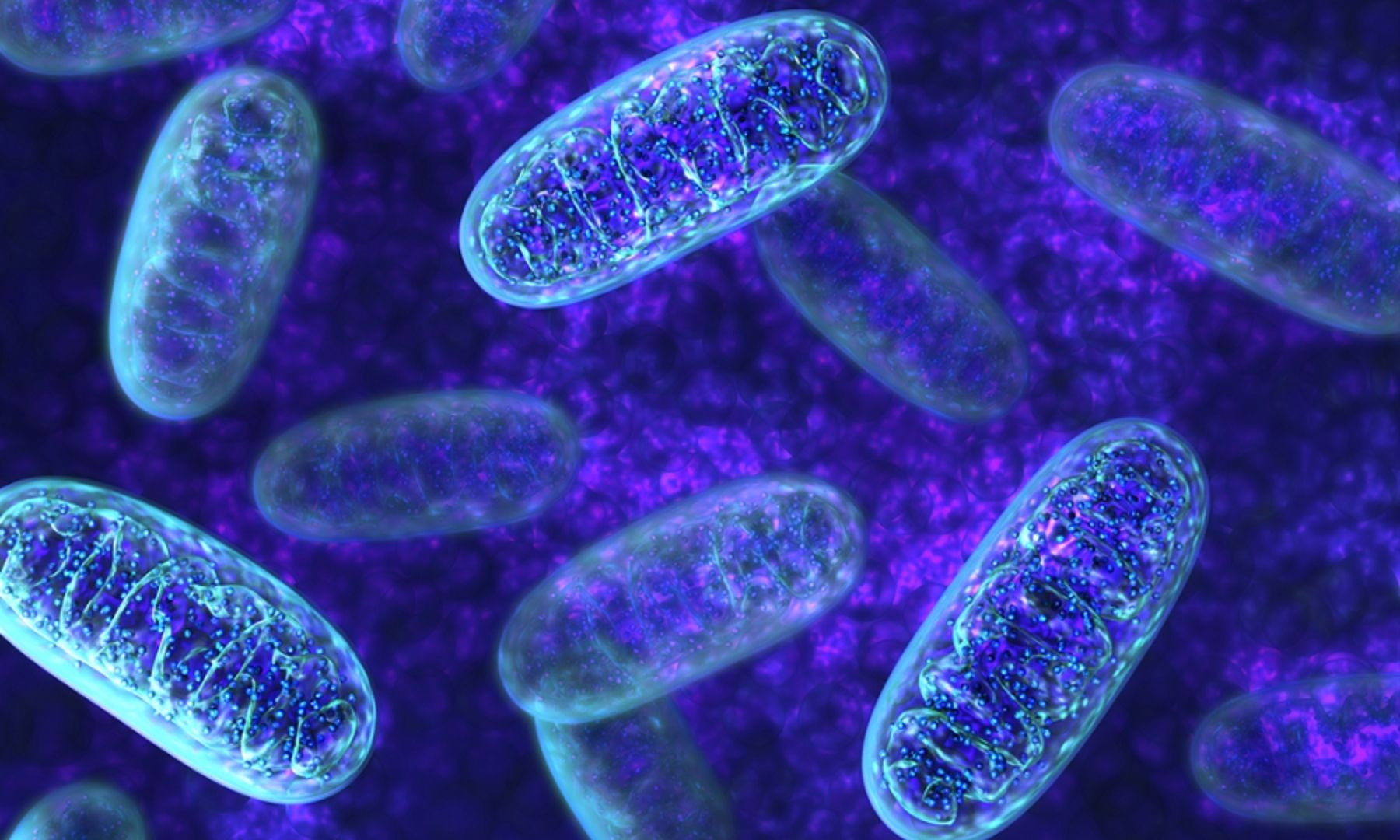
The historic passing of the Mitochondrial Donation Law Reform (Maeve’s Law) Bill by the Australian Parliament is a powerful testament to community-driven advocacy, says the Chief Executive Officer of the Mito Foundation Sean Murray.
Mr Murray, who is widely involved with Australian Genomics and chairs its Community Advisory Group, said the outcome was the culmination of almost 10 years of work.
“This was made possible by the contribution of experts across many fields and the strong advocacy and determination of the wider community,” he said. “It was evidence-based, building from high quality scientific, medical and ethical research and review.”
Maeve’s Law is named after six-year-old girl Maeve Hood, who has Leigh syndrome – a condition in which the body’s cells fail to produce the energy she needs to thrive. Mitochondrial disease affects at least one child born in Australia each week and lack effective treatments.
Mitochondrial donation is an assisted reproductive technology (ART) that can help women to avoid passing mitochondrial DNA disease to their biological child. This technology is not a cure for mitochondrial disease but is a way to prevent children from inheriting mitochondria that can cause the disease.
Lead investigator with Australian Genomics’ Undiagnosed Diseases Network and co-lead of Brain and Mitochondrial Research Group at the Murdoch Children’s Research Institute Professor John Christodoulou said the move was a great leap forward for families of individuals suffering with severe mitochondrial disorders.
“The carriage of this Bill gives families real hope that they will be able to have what most of us take for granted, namely being able to have a happy and healthy baby,” he said.

